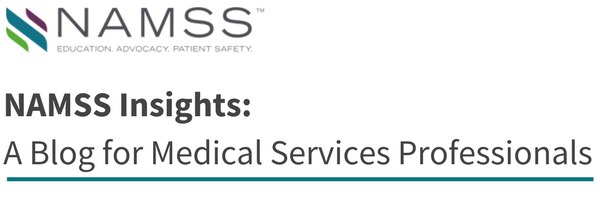A new law requires the Oregon Health Authority to establish an electronic database for credentialing organizations, including hospitals, insurance companies, and other facilities.
Jacqueline Fellows, August
22, 2013
Provider credentialing in Oregon is on its way to becoming more streamlined
under a bill that mandates healthcare providers use a single credentialing
system by 2016.
The initiative, known as SB 604, requires the Oregon Health Authority to establish an electronic database for credentialing organizations, including hospitals, insurance companies, and other facilities. It's the first state to mandate the use of a single credentialing system; the bill was overwhelmingly supported in the state legislature.
Read more at HealthLeaders Media.com.
The initiative, known as SB 604, requires the Oregon Health Authority to establish an electronic database for credentialing organizations, including hospitals, insurance companies, and other facilities. It's the first state to mandate the use of a single credentialing system; the bill was overwhelmingly supported in the state legislature.
Read more at HealthLeaders Media.com.
